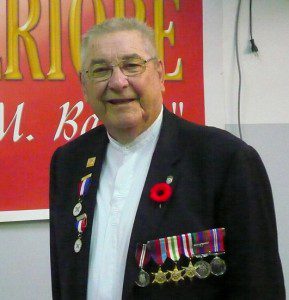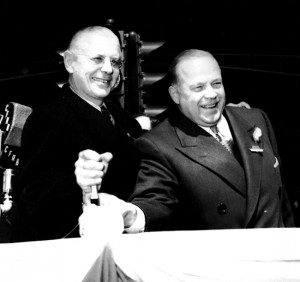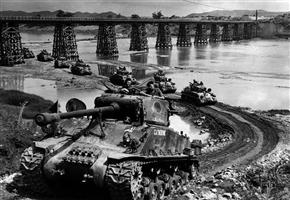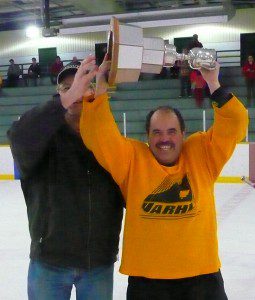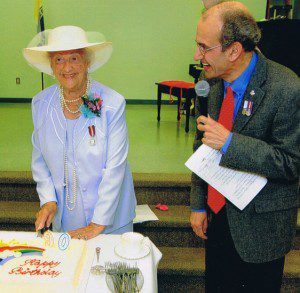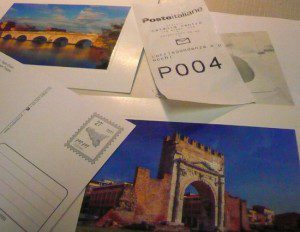
It began innocently enough. I wanted to mail some postcards home. I’d done the hard part – composing some thoughts and finding the addresses. I’d even discovered that postage stamps were available in tobacco stores here. So I searched one out and asked for “francobollo” in my best, fractured Italian. But the tobacconist waved his hands. They didn’t sell stamps anymore. I’d have to go to the post office. There, I found what I thought I needed – wickets, line-ups and clerks – until I reached the front of the line.
“No. No,” the clerk said. He too was waving his hands at me, as if I was contagious. And he shouted at me, “You need ticket!”
“Oh, a first-come first-served system like a bakery,” I thought. “I can do this.”
